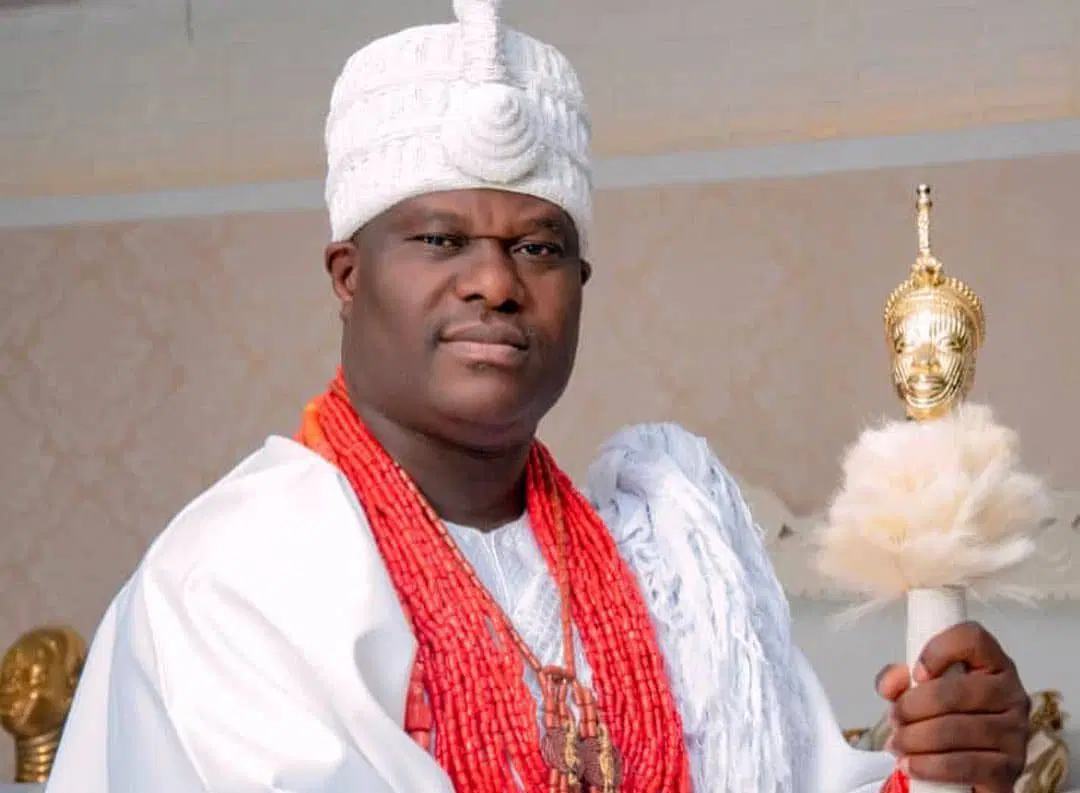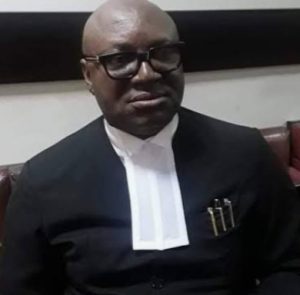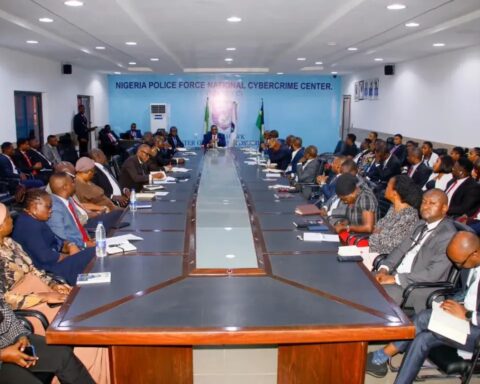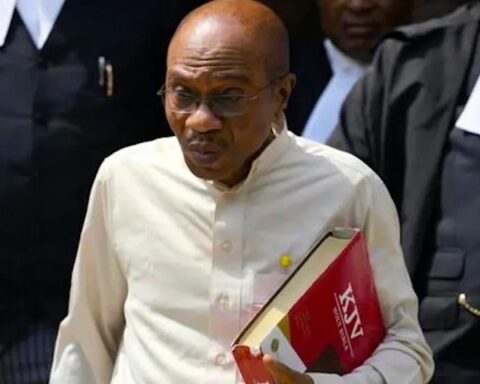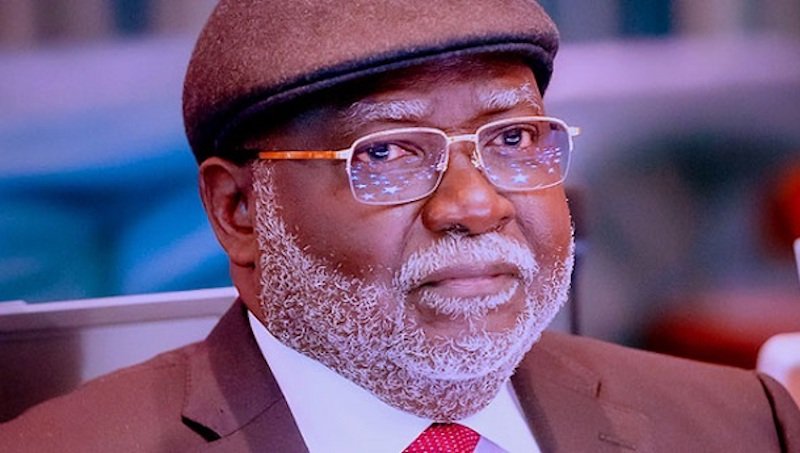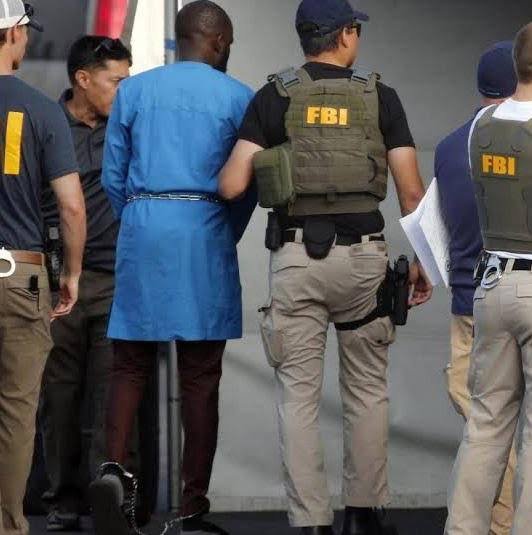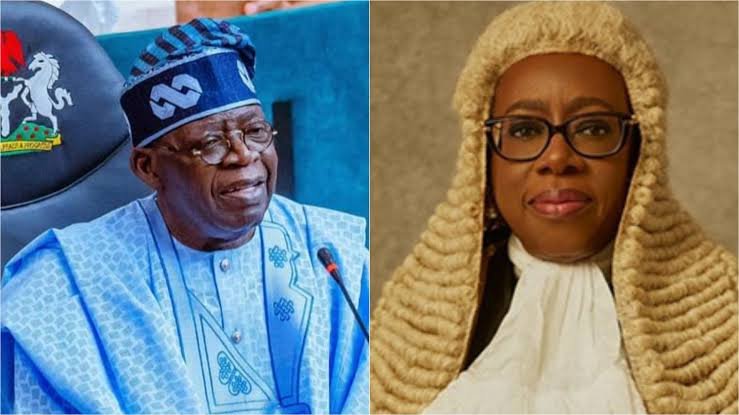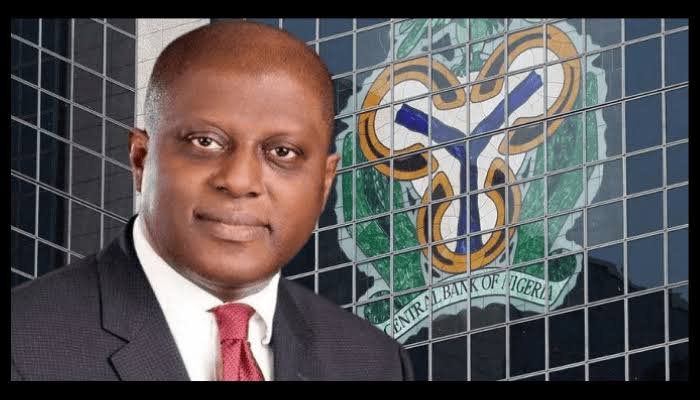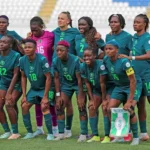By Oluwasore Alabi
The warning issued by the Yoruba Heritage Forum to the Alaáfin of Ọ̀yọ́, Oba Abimbola Owoade, over alleged attempts to challenge the Ooni of Ifẹ̀’s authority, has once again brought to light the fragile balance of tradition and history in Yorubaland. At a time when insecurity, economic hardship, and national disunity weigh heavily on Nigerians, this renewed royal rivalry could not be more misplaced.
The Forum’s statement, signed by its General Secretary, Olufemi Aduwo, strongly criticised the Alaafin’s alleged ultimatum to the Ooni of Ifẹ̀, Oba Adeyeye Enitan Ogunwusi, regarding the conferment of a chieftaincy title on Chief Dotun Sanusi. Aduwo described the Alaafin’s claim of supremacy as “legally baseless and historically unsustainable,” warning against distorting Yoruba history for personal or political gain.
History is clear on this matter. While the Ọ̀yọ́ Empire was a powerful political force in its prime, it never represented the entirety of Yorubaland. The Ooni of Ifẹ̀ has long been recognised by both oral tradition and written records as the spiritual father of the Yoruba people, a custodian of heritage whose influence transcends geography. From Samuel Johnson’s “The History of the Yorubas” to colonial intelligence reports, the consensus has remained firm: Ifẹ̀ is the cradle of Yoruba civilisation.
The Forum’s intervention is timely. In modern Nigeria, traditional institutions should be sources of unity, not conflict. Royal disputes over titles and supremacy only serve to deepen divisions, distract from pressing issues, and risk igniting unrest in a region already under strain. The Yoruba people cannot afford to be dragged back into ancient rivalries when the present demands collective action for survival and progress.
It is also worth noting that titles conferred by the Alaafin, including the once-feared but now largely ceremonial Ààrẹ Ọ̀nà Kakanfò, do not hold authority beyond Oyo and its surrounding areas. Attempts to inflate such powers undermine the integrity of Yoruba tradition itself.
What Yoruba land needs today is not a battle over who is “greater,” but a commitment to cultural preservation, social harmony, and leadership that uplifts the people. Traditional rulers remain highly respected figures, but their authority carries responsibility. Their words can either heal divisions or deepen them.
The Yoruba Heritage Forum was right to sound the alarm. At this moment in history, the role of the Alaafin, the Ooni, and all other Yoruba monarchs should be to protect unity, not fuel rivalry. The Yoruba nation and indeed Nigeria, has too much at stake for old rivalries to be allowed to resurface.
